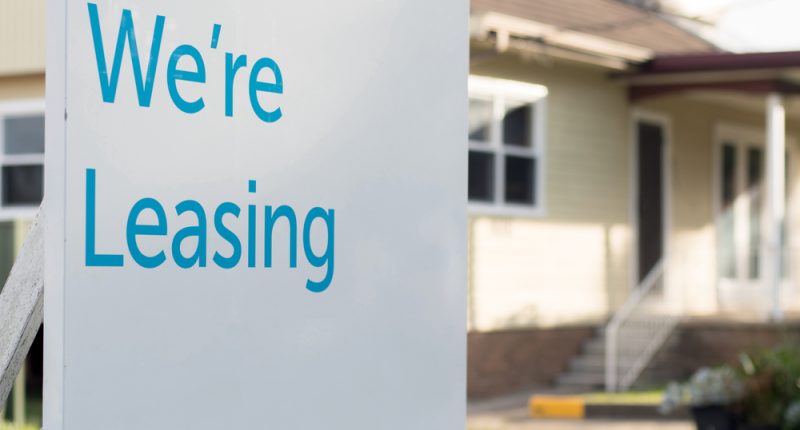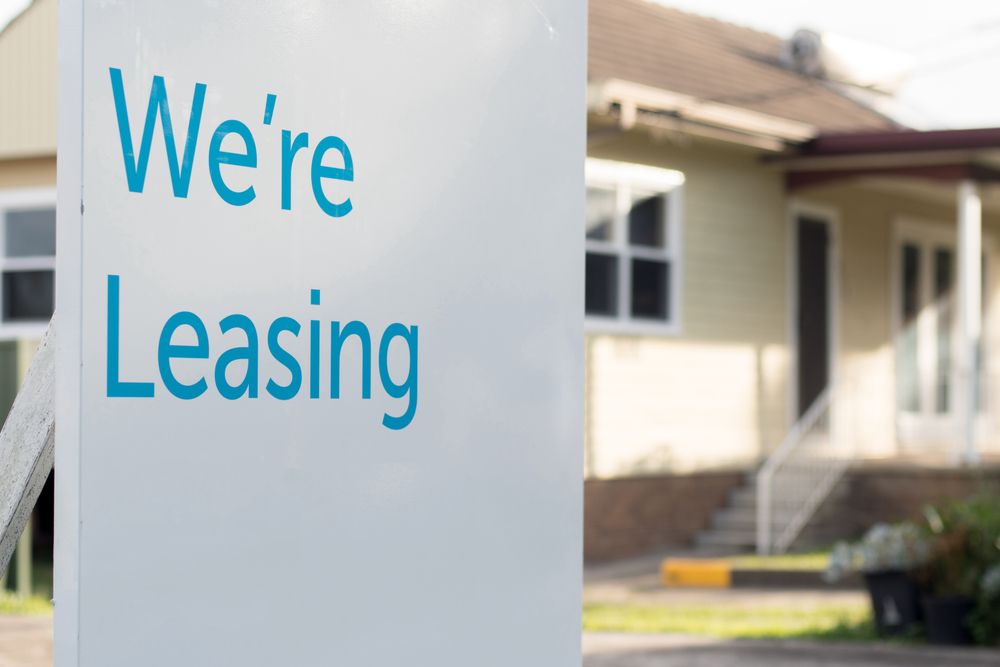- According to a recent AHURI study, experiences of bias and subjective behaviour occur across Australia’s private renting market
- Discrimination in the private rental market has been exacerbated by the expansion of the informal housing sector, the report noted
- Informal tenancies frequently advertise on unregulated or under-regulated digital platforms, which provide additional opportunities for discrimination
- The study identifies several critical policy areas that require immediate action, such as removing “no-grounds” justification for evictions
Despite regulations in place to prohibit discrimination, tenants still experience bias and subjective behaviour from landlords, real estate agents and fellow renters across Australia’s private rental market.
Researchers from the University of Sydney examined discrimination and current policy, legislation and practice in Australia’s private renting sector for AHURI’s study.
The study revealed that prejudice is inextricably linked to structural and institutional causes of discrimination and that judgments might be based on negative preconceptions, ideology or generalising of experiences.
Lead researcher Sophia Maalsen, from the University of Sydney, said discrimination took various forms and might be subtle.
“For example, ethnic minorities may be required to provide more information when applying for a property including employment, relationship status and family size, or be given misinformation about available properties,” she said.
“Real estate agents may invest less time in assisting an applicant from a particular background, use less positive language and be less courteous. These experiences of discrimination are not always overt and, as such, it is difficult to identify and respond to discrimination effectively.”
Discrimination in the private rental market had been exacerbated by the expansion of the informal housing sector, which includes numerous secondary residences and some boarding houses, the report noted.
As a result of the expansion of the informal sector, more individuals are living with very little security of tenure and other rights, which often translates into worse – and often unlawful – housing conditions.
These informal tenancies frequently advertise on unregulated or under-regulated digital platforms, which provide additional opportunities for discrimination, such as biased screening of tenants.
A cursory look through Facebook groups dedicated to rentals reveals many looking for tenants that fit a specific gender, relationship status or age bracket, with many seeking ‘FIFO only’ tenants.
The study identifies several critical policy areas that require immediate action, such as removing “no-grounds” justification for evictions and increasing the supply of public and social housing, as well as low-cost private rental options.
Developing and enforcing specific and minimum standards for all Australian rental accommodations, and developing professional standards for all real estate agents and property managers, are also on the wishlist.
“Since discrimination in the private rental sector reflects, and reproduces, wider structures of economic and cultural disadvantage, it is critical to address these issues both within and beyond the sector,” Dr Maalsen said.







